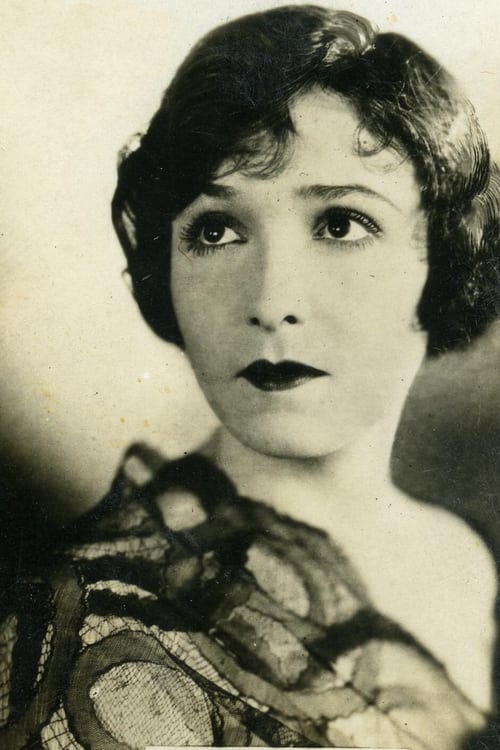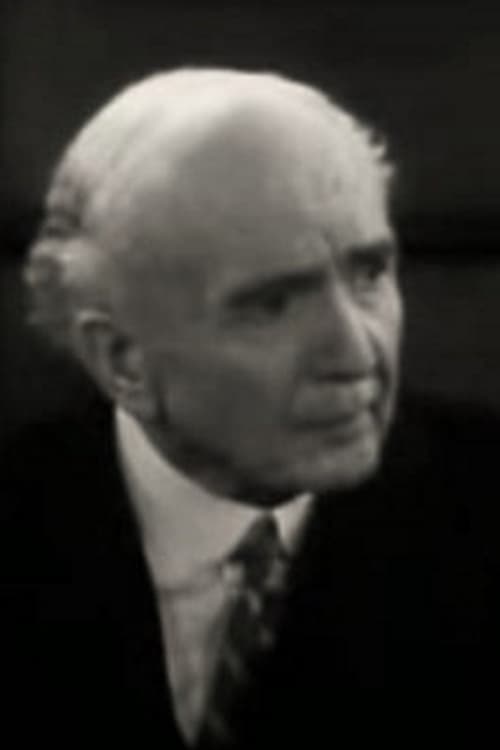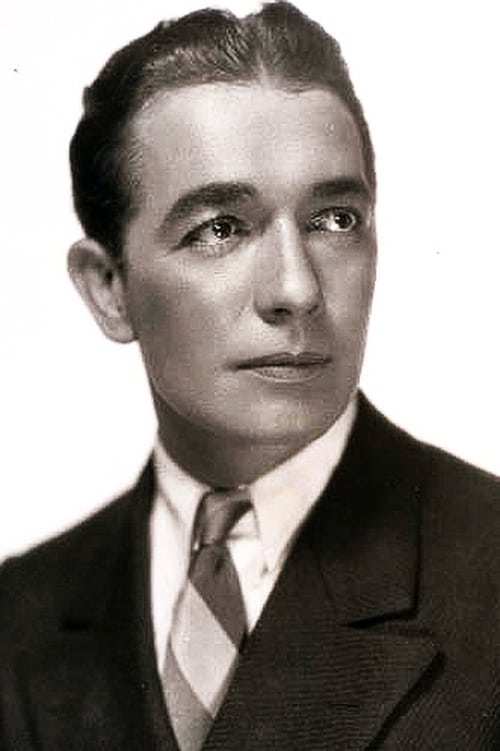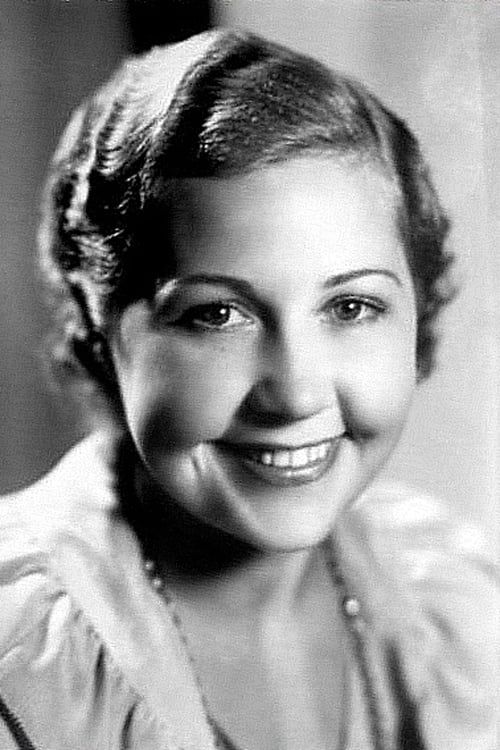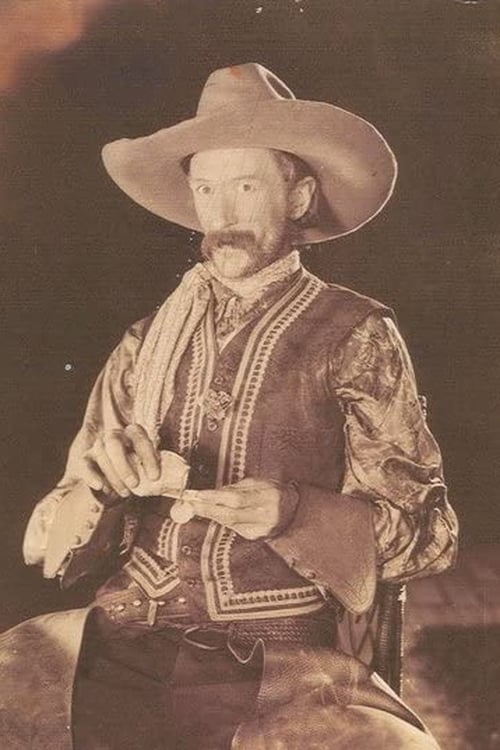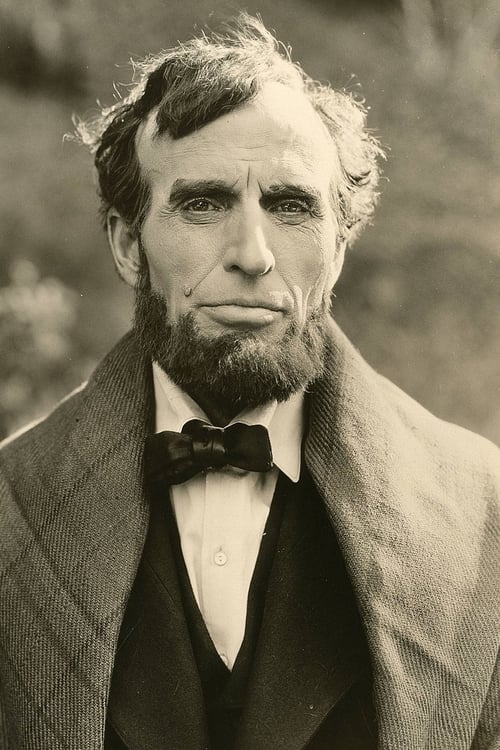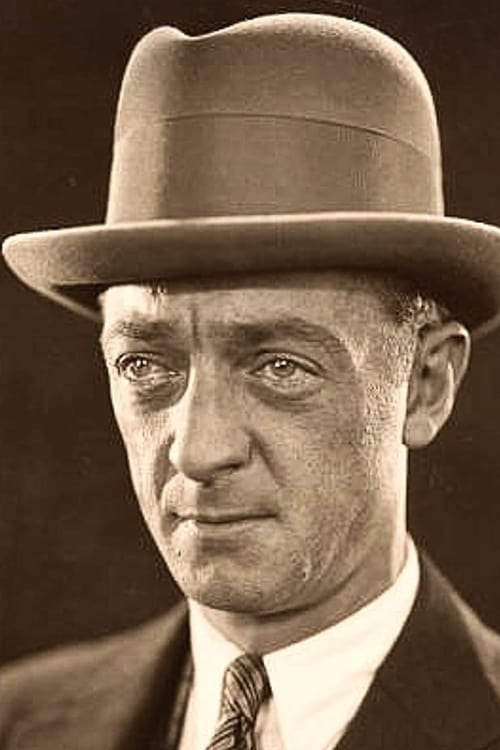Barbara Frietchie (1924)
Gênero : Drama, Guerra, Romance, História
Runtime : 1H 25M
Director : Lambert Hillyer
Sinopse
Two lovers in a small town in Maryland are torn apart by the Civil War--she is loyal to the south while he heads north to join the federal army, determined to protect the Union. Eventually his unit arrives in his hometown and he is reunited with his lover, but things aren't the way they used to be.

The Taking of Siétamo is a report on the activity of the FAI (Durruti) Aguiluchos column on the Aragon front in August 1936 and focuses on the conquest of the town of Siétamo.

Juana, Mar, and Eduardo tell their stories of abuse.
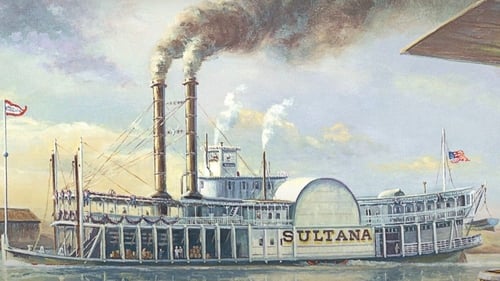
Over 2000 Union soldiers, passengers and crew were crammed aboard the steamboat Sultana, licensed to carry 376. Graft, greed, overcrowding, a poorly maintained boat, and the Mississippi River was swollen with spring snowmelt conspired together to create a disaster. On April 27, 1865, the boat’s boilers exploded, causing the worst maritime disaster in US history.

A small Algerian town, off the beaten track of the war that is tearing the country apart. At the heart of the crisis that is destroying it, two young men, without work, without leisure activities, without hope, without anything... The film follows them in their daily wanderings between endless boredom and the expectation of the improbable. And shows their humour, their friendship, their will to live regardless.

In 1956, BLOOMER GIRL was presented in a live television production starring the magnificent Barbara Cook, whose star was then on the rise, with leading roles in CANDIDE and THE MUSIC MAN still in her future. A solid success when it opened on Broadway in 1944, BLOOMER GIRL boasts a glorious score by the legendary team of Harold Arlen and E.Y. Harburg (THE WIZARD OF OZ). The book by Fred Saidy is set at the brink of the Civil War and addresses issues of women's equality (priorities were the right to vote and to wear bloomers, a liberating alternative to hoop skirts) and racial equality.

"River of Hope" tells the story of how a former slave Mary Barnes Cabell and her children helped found the first college for African Americans in West Virginia. Based on true events.
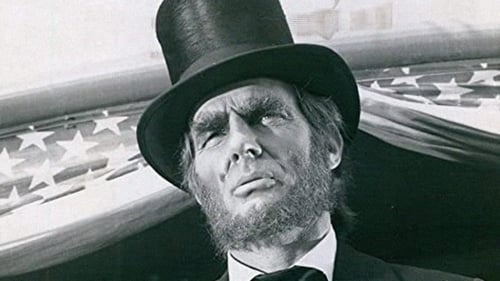
A young girl writes to President Abraham Lincoln to advise him to grow a beard.

Following a brutal civil war, an interrogation of a possible war criminal has a much deeper meaning buried in lies.

Lebanon today. The traces of the civil war are all too tangible as government corruption becomes unbearable. In a country where conflict and peace are caught in an endless cycle, musicians from different backgrounds pool their talents to create an underground music scene. Each evokes his or her representation of Lebanon: its shifting geographical, political, historical and social borders, its painful passage through conflict and instability. A touching portrait of a young generation trying to build an oasis in a hostile environment where the forces of destruction continue to wreak havoc.

1944. Three wounded officers from both sides of political conflict meet in the hospital where the staff is politically divided too.

A dramatization of raid to capture a suspected militant by the Israeli Defense Forces during the Second Intifada into the sprawling maze of the Balata Refugee Camp in Palestine.
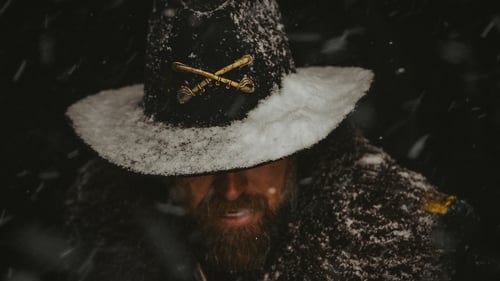
Na América pós-guerra civil, quando um soldado da União é dado como morto, seus filhos são enviados por engano no trem órfão. Esta é uma história de faroeste de pessoas se unindo para o bem maior e crianças forçadas a crescer rapidamente.
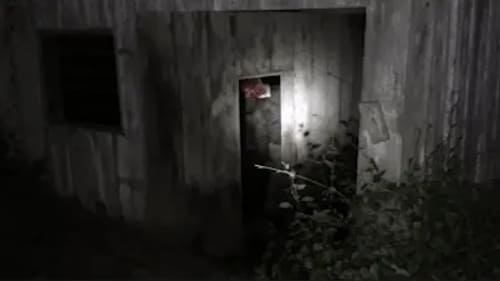
Dennis Rosen disappeared on September 19th, 2020, while filming an episode for his urban exploration channel 'Dennis the explorer'. He was exploring Darkbluff, Maryland, a town that authorities discovered abandoned during their search for Dennis. They also discovered a camera. This footage was on that camera.
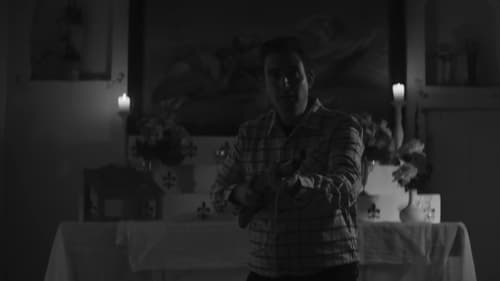
During Christmas Eve of 1937, two young men, apparently lost in the darkness of the mountain, knock on the door of a farmhouse, where a grandfather and his granddaughter live. From that moment, the situation will change, and a feeling of revenge will flourish as strong as the need to live. Short film made by 5 teenagers, all of them under 17 years of age.
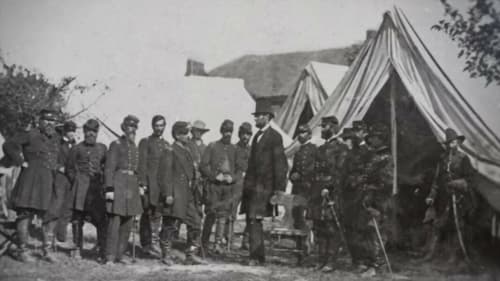
Looking at the birth of America's first intelligence units, set in motion in by President Lincoln himself in the early days of the war; exploring a spy who broke the boundaries of gender and race.

How the Monuments Came Down is a timely and searing look at the history of white supremacy and Black resistance in Richmond. The feature-length film-brought to life by history-makers, descendants, scholars, and activists-reveals how monuments to Confederate leaders stood for more than a century, and why they fell.

This is the sole surviving motion picture of Unique Film (Shanghai), one of China's three major film companies in the 1930s. The young lovers in rural China are framed by their evil landlord. The man is sent to prison; the woman is forced to get married. She tries to seek revenge but is killed. When the man is released from prison, he joins the People's Volunteer Army but is killed in battle. The film was significant in its time. Runje Shaw had imported advanced American audio film equipment and technology in 1931, making this one of the first sound films in China. As one of Unique's few ‘progress' films, it also reflects that this ‘entertainment-only', apolitical film company, under the left-wing influences in society, also needed to make films with topics such as the war effort and that criticise the bourgeoisie. Struggle is a joint effort among the best of talents in front of and behind the camera, and is also the only surviving work of director Qiu Qixiang.

